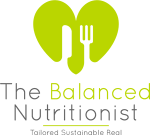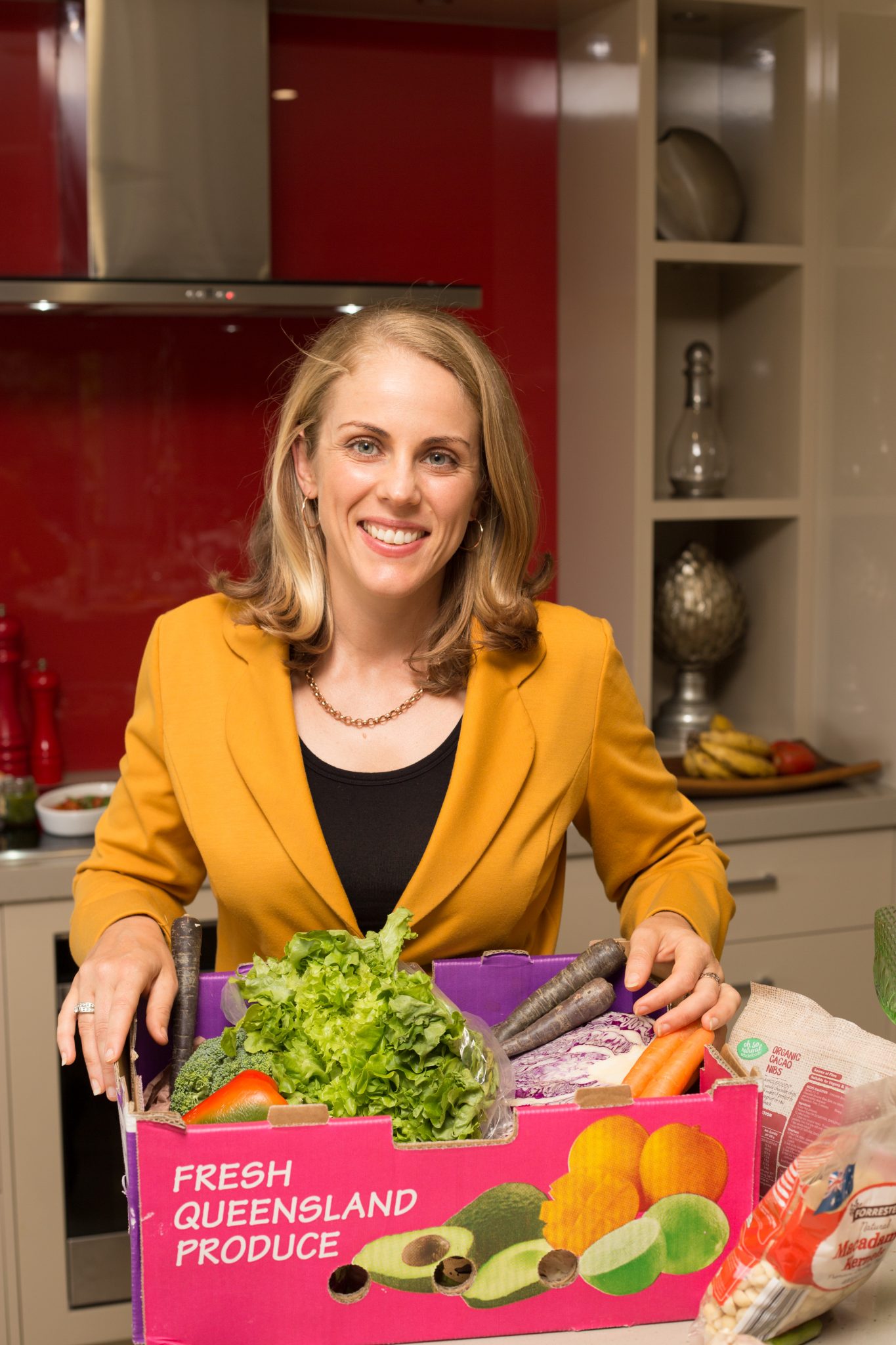Just today I was contacted by a journalist at the Courier Mail to comment on nutrition in schools and kids nutrition in general, so I thought it was a timely reminder to unload my mind into a blog on this very topic.
This one… like many of my blogs, has been stuck in my head for a while. I’m mindful of the ‘over saturation’ of information and conflicting views out there in the stratosphere so sometimes I DON’T blog for fear that I am contributing to a problem and not being part of the solution. So, as with all of my writing and my work in general… take what works and leave what doesn’t. When it comes to kids nutrition, they are your children. You know them, I don’t. Do what works for your own family. But here are a few things to be aware of and consider from a nutritional perspective.
Firstly, the article in the newspaper was inspired by some recent debate among QLD teachers about the implementation of the Qld Goverment’s smart choices guidelines. The first question I was asked was whether I agreed with the classification of confectionary and chocolate as a ‘red’ item to be used only once or twice a term in schools. If you’ve been following me for a while, you will know that I’m really big on intuitive eating (in adults and kids) and inspiring a healthy relationship with food. But despite this, we do need to remember that this sort of food has in the past always been a ‘sometimes’ food or something that crops up at the odd celebration…. they aren’t everyday items. Go back 20,30, 40 years… there was no need to classify them in this way because they just weren’t something that our parents or grandparents had access too that often. But now, parents are time poor, we live for the short term gratification and convenience is king so they do crop up more frequently than ever before. Classifying them in this way is really just a reminder that our focus should be on providing filling, nourishing meals and not relying on endless packages of food stuff to fill little bellies.
But its not really that simple. We also know that being super restrictive and / or not extending some freedom and trust to our children can really backfire. Labelling foods as ‘good and bad’ can also lead to problematic relationships with food later on. So overall, its a tricky area to navigate and something that every parent will probably do slightly differently. Here’s a few things that we do in my family that might help yours:
- We don’t talk about food as good or bad. If we’re having something sweet, we all try to enjoy it together. We try to have just enough for the 3 of us so there isn’t lots of leftovers to go back to over coming days.
- We never use sweets, chocolates or the likes to REPLACE a meal. It always FOLLOWS a nourishing meal with protein, veggies, wholegrains etc. Generally, I’ve found kids to be really intuitive. My 2 year old will often get halfway through a small portion of dessert and then simply say ‘you can have it now Mummy, i’m done.’ (not always!)
- We bake together a bit and we’ll often cook ‘wholefood treats’ like muffins with carrot or zucchini as the base or pancakes that are made with oats and bananas. We also love the real old fashioned stuff too though, like anzac biscuits and choc chip cookies. I tend to find you can reduce the sugar in these recipes by at least a quarter. These biscuits are then offered alongside other foods (like fruit or plain yoghurt) as a snack so its not all about the sweet treat.
- We talk about how food makes us feel afterwards. If we’re having something sweet together, I’m more than happy to tell my daughter how much I love ice cream… but I just have a small bit because otherwise I don’t feel good later on. If my toddler says she is hungry and she wants a biscuit, I’ll suggest something else FIRST that will actually provide some satiety (like a little sandwich or some crackers and cheese) and THEN a biscuit, pointing out that the biscuit alone probably isn’t that filling.
- As far as vegetables, fruits and meals go (i.e. the stuff we really want kids to be focusing on), getting kids in the kitchen to help with the preparation of these things can really make the evening dinner meal a lot more appealing. We also tell stories about the goodness in certain things.. to make them really fun. At the moment, green beans are a big hit because they have little peas in them full of superpowers that make you jump even higher on the trampoline. Bet you didn’t know they hey?
- The old ‘you’re not leaving the dinner table until you’ve eaten all of your dinner’ doesn’t make a lot of sense. It completely overrides innate appetite signals and body intuition… and if we can nurture both of these in kids, most of the diet related issues we see in adults wouldn’t exist (IMO).
- In younger kids, say 1-4, while it can seem messy and inconvenient, research suggests playing with food sparks curiousity and can lead to a more varied diet. Its normal for some of the food on my daughter’s plate to go into her mouth – some of it may be broken apart and turned into ‘boats’ in her water glass or ‘deconstructed’ with bits of it eaten and bits of it left behind. It all counts as food exposure and ‘normalising’ everyday foods.
- When it comes to rewarding kids with food, particularly treats…. crikey, sometimes it would just make life easier hey? But if we consider the long game, and the fact that we don’t want adults turning to food as a reward or in times of emotional distress, it doesn’t make a lot of sense.
Overall, all we can really do is continuously offer good food and encourage our kids to try a wide variety of options… and enjoy said good food ourselves. Be the example you want to see in your children and your family. Its just worth remembering that what we do now will set them up for the future. Think about how something will play out in the long term… and use that to guide your gut when it comes to your kids nutrition.


